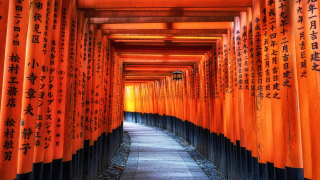 CONTENT
CONTENT The Sacred Place of Your Name: The National Art Center, Tokyo (Roppongi) – The Museum Where Taki and Okudera-senpai Went on a Date
In Your Name, the museum scene was modeled after the National Art Center, Tokyo, located in Roppongi. The film faithfully reproduces the real-life space, allowing visitors to step into the movie’s world and experience it with their own eyes.









